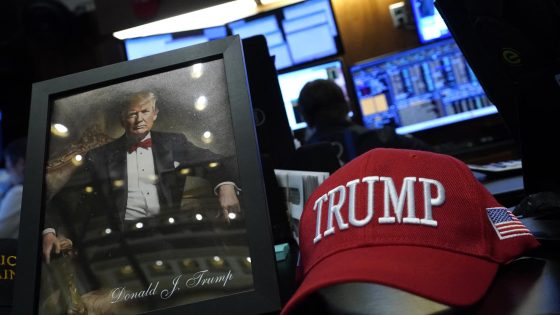Bitcoin has fallen below $80,000 as a significant downturn in the cryptocurrency market continues, resulting in a $1 trillion loss in total market value. This decline has raised concerns among investors regarding the potential for further losses. The price drop comes amid warnings from analysts about market conditions and the impact of external economic factors.
- Bitcoin price drops below $80,000
- $1 trillion wiped from crypto market
- Analysts warn against "buy the dip"
- Technical analysis predicts $70,000 support
- Trade war impacts crypto market sentiment
- Crypto Fear & Greed index hits low
The recent plunge in Bitcoin’s price marks a decline of approximately 25% from its all-time high of nearly $110,000. Analysts have noted that the cryptocurrency is currently experiencing a bearish trend, with warnings against “buying the dip” prevalent among traders. The market sentiment is particularly low, as reflected by a reading of 21 on the Crypto Fear & Greed index, indicating extreme fear among investors.
Several factors are contributing to this downturn. Analysts have pointed to the ongoing international trade tensions, particularly U.S. President Donald Trump’s tariffs, as a catalyst for the recent sell-off. The broader U.S. stock market has also seen declines, which typically influences the cryptocurrency market. Key observations include:
- Bitcoin’s price target is projected to be around $70,000, a crucial support level.
- U.S. stock indices have shown consistent losses, leading to uncertainty in the markets.
- Market analysts suggest that the current situation may be a correction rather than the end of an upward trend.
As the market reacts to economic uncertainties, many investors are rotating capital away from riskier assets. This behavior is expected to continue as the tariffs set to take effect on March 5 raise concerns about potential economic fallout. The volatility of Bitcoin may deter investors seeking stability in the current climate.
In summary, Bitcoin’s recent decline below $80,000 is part of a broader market correction, influenced by external economic pressures and negative investor sentiment. Analysts predict further price adjustments may occur as the market continues to react to evolving conditions.

































